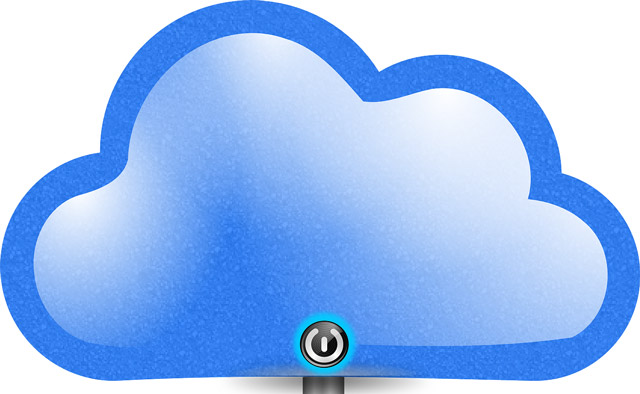
South Africa is set to become the first country outside the US to offer Seagate’s new storage cloud solution when it is launched later this month by the American company’s local partner, Sithabile Technology Services. Seagate Storage Cloud will be hosted at Teraco.
The solution will offer 2PB (2 048TB) of storage at launch, but will expand rapidly from there, says Sithabile CEO Peter Blaauw.
According to Blaauw, the company is investing more than R10m upfront in the cloud storage platform. Seagate has sent 12 engineers to South Africa to implement it at Teraco’s data centre facility in Isando near Johannesburg and train local staff in how to use it.
Seagate Storage Cloud, which uses a pay-on-demand model, is made up of a storage node, along with drives and management services and a software layer that manages it all. With no single point of failure — drives or even an entire rack can fail with no data loss, Sithabile says — the idea is that companies can safely back up older, non-production data to the cloud, instead of using costly in-house tape or disk solutions.
Sithabile intends replicating the system being deployed at Teraco in Isando at the data centre company’s facilities in Durban and Cape Town, too. This will allow for, among other things, geo-replication for additional peace of mind, explains Sithabile executive Richard Tatham.
Backing up to the cloud should mean companies can restore data when they need to much more quickly than using solution such as tape, Sithabile says. It also reduces the cost and management overhead of having an on-premises backup solution.
Although there are a number of similar services offered internationally — from companies such as Amazon and Microsoft — no full-service cloud storage solution exists in South Africa. Backing up data to international cloud services is difficult because of bandwidth limitations and local companies are concerned about storing their data offshore for legal and regulatory reasons, says Tatham.
“Some of our local customers are worried about the US Patriot Act,” adds Blaauw. The Seagate offering will be fully run in South Africa’s borders by Sithabile and will not fall under the ambit of foreign legislation such as the Patriot Act, he says.
“Comparatively speaking, we are competitive with the [Microsoft] Azures and the Amazons of the world, but we have a bit of a head-start in South Africa because of the time it will take [for rivals] to build data centres here.”
Sithabile wants companies to use Seagate Storage Cloud to move inactive data off their production systems. The company estimates that only 20% of data is live production data, while the rest is unstructured data that should be moved to the cloud to free up resources.
Blaauw admits that the Seagate cloud solution could end up “cannibalising” Sithabile’s existing backup and storage business. “But it’s better the devil you know,” he says. “If we don’t do it, someone else will.”
He emphasises that Seagate Storage Cloud is not meant for primary database data. “It’s for all that other data that is clogging up your systems today. There’s a huge clog of data today which the IT guys are facing. It’s not your SAP or Oracle data, it’s everything else.”
Sithabile was established in 2004. Bernie Carballo, one of the founders of Seagate, is an investor in the business. — © 2015 NewsCentral Media
- Subscribe to TechCentral’s free daily newsletter




